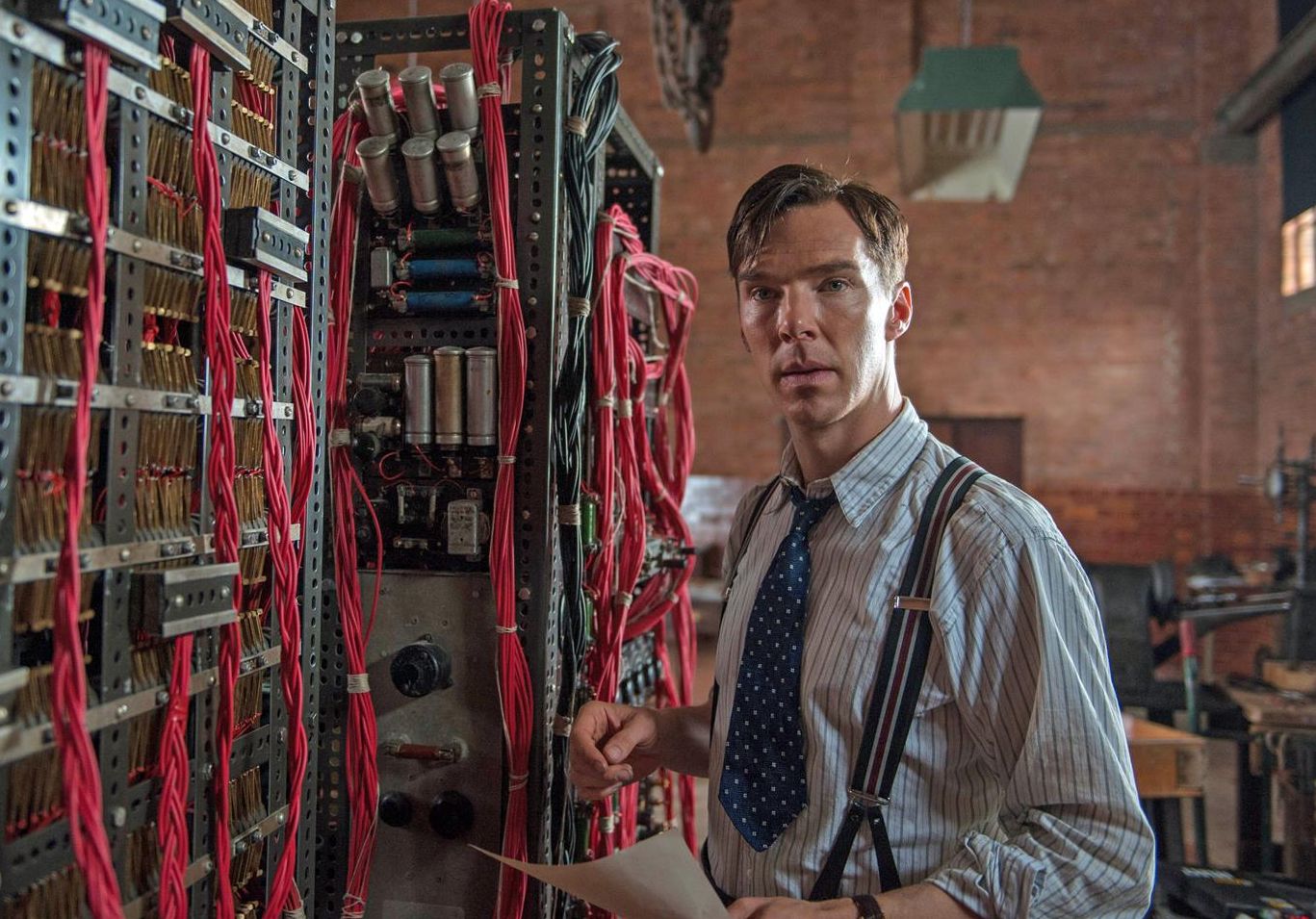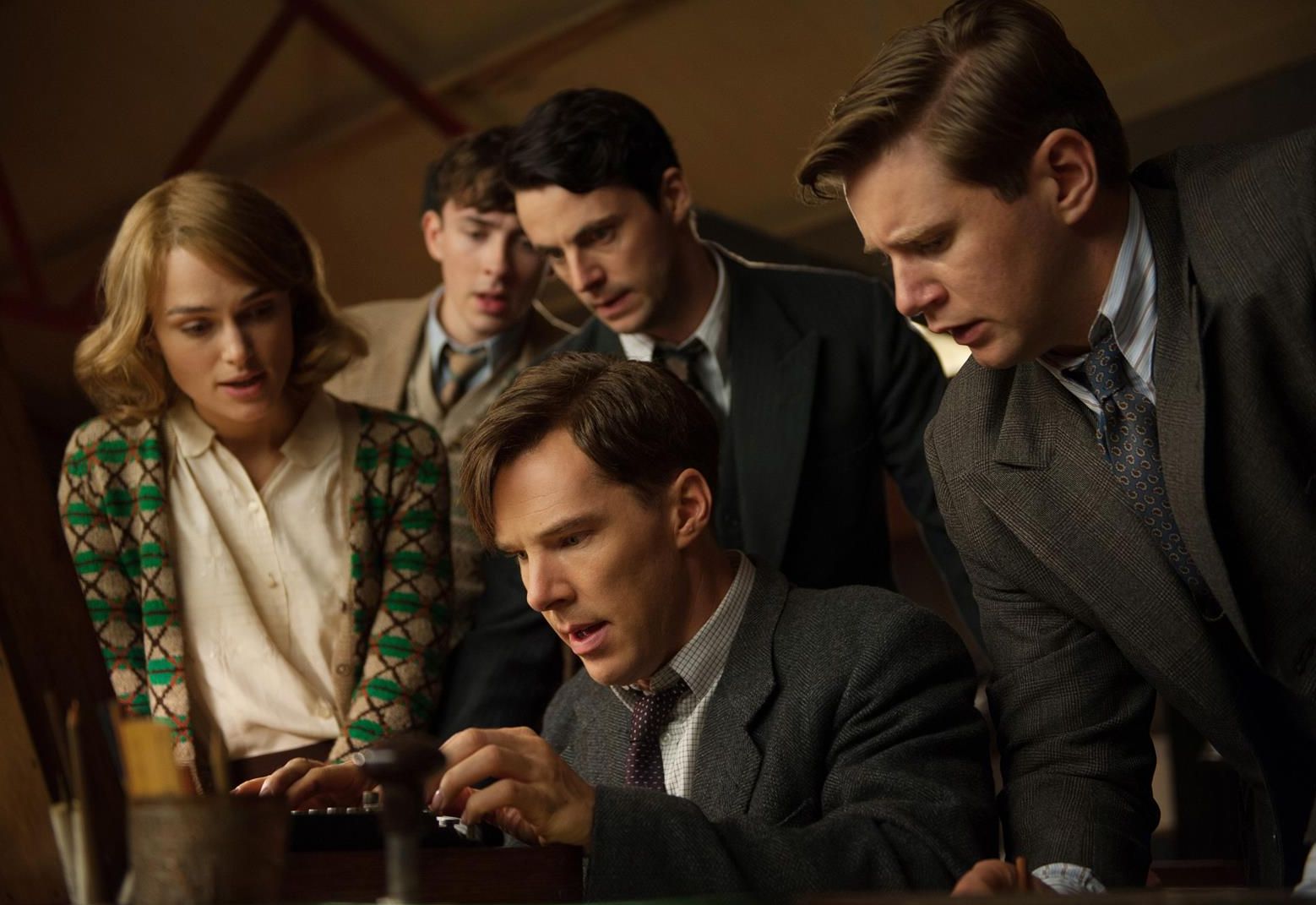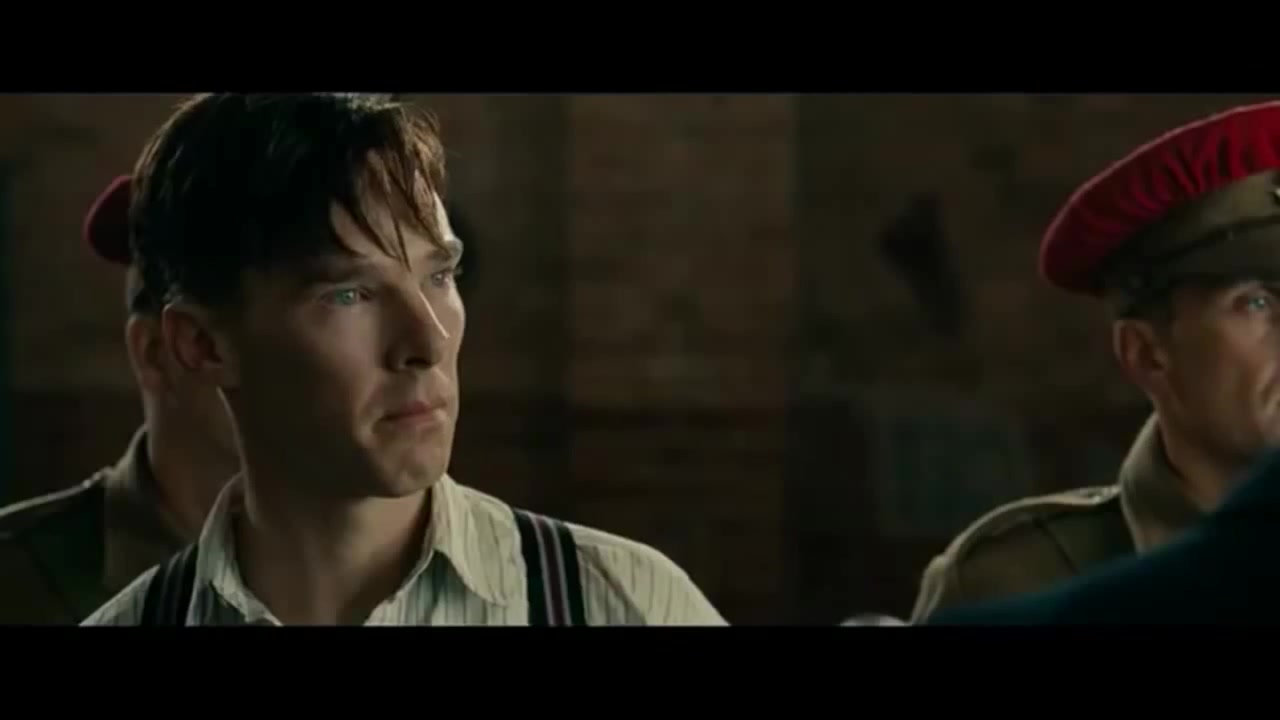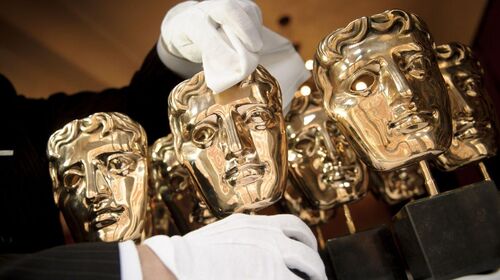
The Imitation Game is about a man who changed the world, but a world that devastated him
 Sometimes, it is the people no one imagines anything of, who do the things that no one imagines. The Imitation Game is a devastatingly sad yet triumphant World War II account that features a perfectly on cue performance as its focal point.
Sometimes, it is the people no one imagines anything of, who do the things that no one imagines. The Imitation Game is a devastatingly sad yet triumphant World War II account that features a perfectly on cue performance as its focal point.
an innately compelling story
The story begins in 1939 when newly created British intelligence agency MI6 recruits Cambridge mathematics intellect Alan Turing (Benedict Cumberbatch). His recruitment is needed to crack Nazi codes, including Enigma — which cryptanalysts had believed to be unbreakable. Turing assumes otherwise. With his team — including Joan Clarke (Keira Knightley) — to some extent supporting him, they begin work on analysing Enigma messages. Turing builds a machine to decipher these messages, once complete, it fails to decode any messages. As well documented in later years, Turing and his team do eventually succeed, becoming heroes in the meantime. However, in 1952, the quiet genius encountered disgrace when authorities revealed he was homosexual, making him participate in chemical castration.
The Imitation Game is gripping, smart and moving, without falling prey to sentimentality. The screenplay allows the audience to feel Turing's pain in whatever way they decide to interpret. Turing's is an innately compelling story. The treating of Turing after his successes on the other hand, is utterly disgraceful.
After a year of government-mandated hormonal therapy, Truing committed suicide in 1954 at the age of 41. In 2013, Queen Elizabeth II granted Turing a posthumous royal pardon, honouring his unprecedented achievements. How can British governments and authorities allow a man of Turing's intellect be treated in such a way? It's estimated that breaking Enigma shortened the war by more than two years saving over 14 million lives. Winston Churchill stated that Turing made the single greatest contribution in Britain's war effort.

stirring yet tragic narrative
There are obvious comparisons to be made with this movie and Ron Howard's 2001 Oscar winning, A Beautiful Mind, which stars Russell Crowe. Both Crowe and Cumberbatch portray introverted and uptight beings, similar in nature. They're fractious and no one can figure them out. What ultimately holds The Imitation Game from breaking free and becoming its own spirit is its close relation to A Beautiful Mind. They're almost siamese twins regarding their style, and theme — even approach concerning direction.
There is an element to The Imitation Game that has a unashamed desperation in appealing to the masses. It's a movie that wants to be adored by everyone, in particular, award ceremonies. But overlooking those brash appeals, The Imitation Game features an unsentimental performance as its centrepiece. Benedict Cumberbatch sidesteps playing Turing as a sensationalised genius, rather playing him as a socially awkward individual with peculiar behavioural eccentricity.
Cumberbatch is the dominating force behind this movie. His performance as Alan Turing is naturalistic and oozes charisma. Cumberbatchʼs full range as a leading man is on full display, blending perfectly against the backdrop of a strong, stirring yet tragic narrative. Itʼs a movie about a man who changed the world, but a world that devastated his soul.



